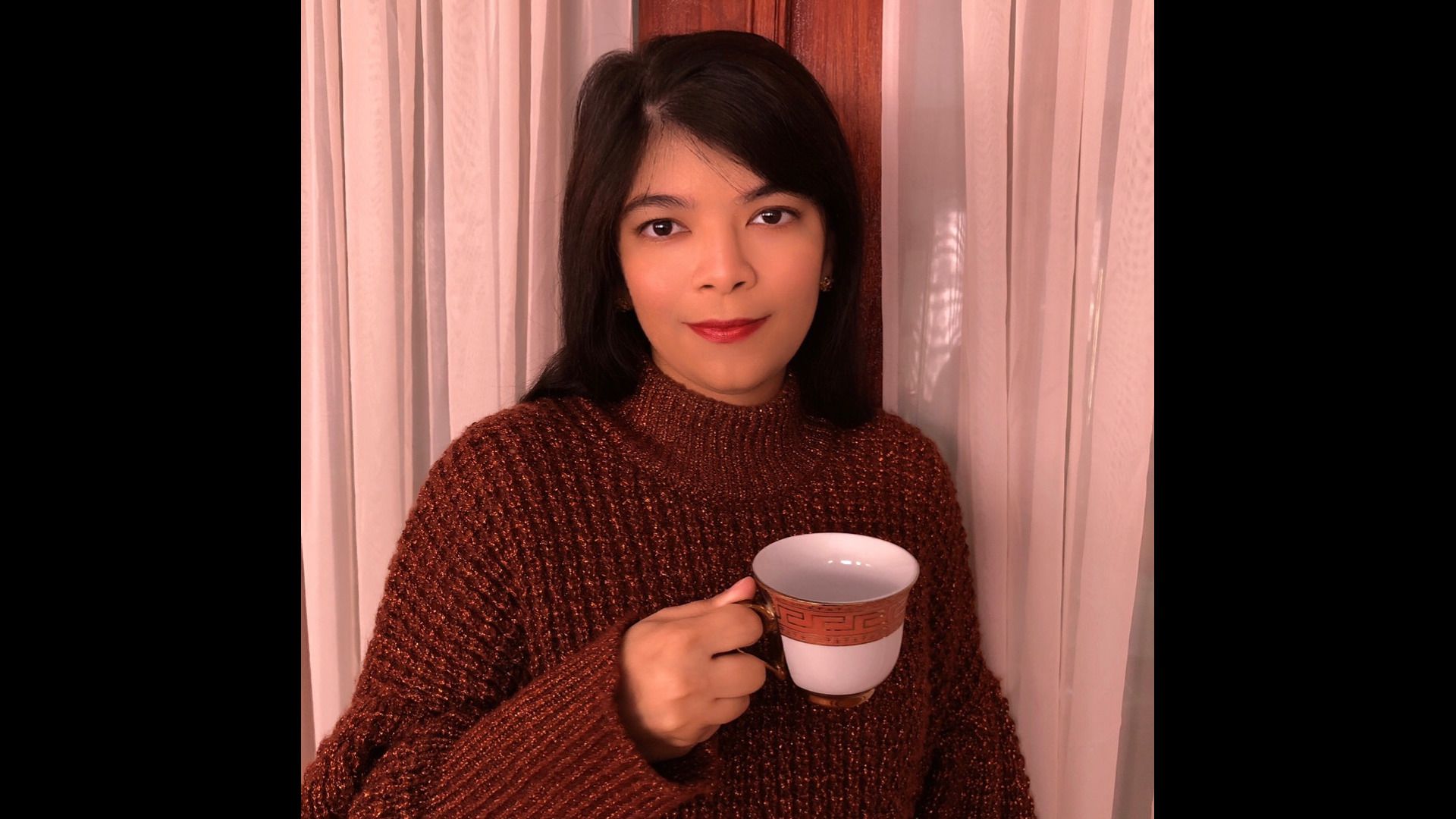Write Now with Priyanka Taslim
Today’s Write Now interview features Priyanka Taslim, author of THE LOVE MATCH, which is available in January.
This post is only for subscribers.
Already have an account? Sign in
Subscribe to new posts